Is this the final betrayal of Ukraine?
The US wants out, Europe is impotent and the Russian aggressors are emboldened.
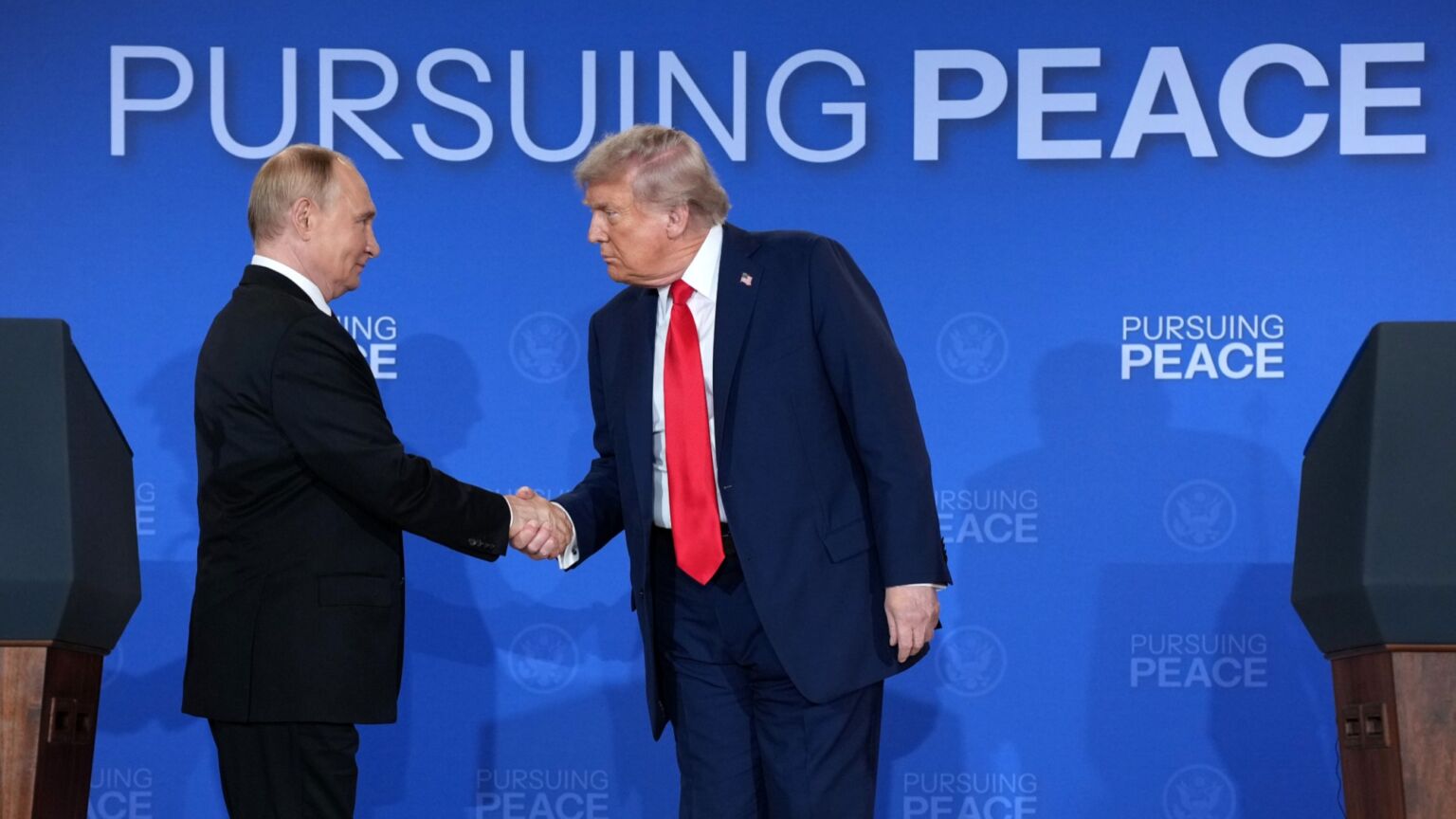
Want unlimited, ad-free access? Become a spiked supporter.
A sense of anti-climax initially greeted the conclusion to Friday’s US-Russia summit on the war in Ukraine. After three hours of talks – far shorter than the much-trailed six to seven hours – US president Donald Trump and his Russian counterpart, Vladimir Putin, staged a brief, question-free press conference. Putin spoke first, describing the confab as a useful ‘reference point’, before Trump gave his views on a meeting that involved ‘some great progress’, but left ‘a couple of big’ unresolved points. And then just like that, after only 12 minutes, Trump and Putin departed, leaving the assembled media shouting unanswered questions into the Alaskan evening.
There was no ceasefire, no peace plan, no deal of any sort. For all the spectacle of the Anchorage catch-up, it seemed to have generated a whole lot of nothing.
But it’s now clear that there was far more substance to the summit than it first appeared. Trump’s desire simply to bring the war to an end – at whatever cost – seems to have brought the White House closer to the Kremlin’s own position.
The US went into Friday’s meeting calling for a ceasefire as a condition for peace talks. Afterwards, the White House announced that it was now pursuing a comprehensive peace agreement without an initial ceasefire, which is Russia’s objective.
It also seems that Trump has warmed further to Putin’s territorial proposal. In the run-up to Friday’s big meet, Trump himself had mentioned that there could be ‘some swapping of territory’. This, it seems, is now coming to pass, with assorted media outlets reporting that Putin demanded that Ukraine cede all of the Donetsk and Luhansk regions – including the parts still held by Ukraine – and in return, Russia will freeze the conflict in the rest of the country.
The New York Times claims that Trump now believes an end to the war can be quickly negotiated. While talking to Fox News after the summit, Trump said that the ball was now in Ukrainian president Volodymyr Zelensky’s court and urged him to ‘make a deal’. With Trump due to meet Zelensky in Washington, DC on Monday, it’s clear that the pressure is now on Ukraine to start accepting peace on terms decided by Trump and Putin.
Shamefully shut out of discussions on its own national future, Ukraine finds itself in an increasingly invidious position. It seems unlikely that Zelensky can agree to just give up unconquered territory in Donetsk and Luhansk. Thousands of Ukrainians have lost their lives resisting the Russian invasion in these areas in particular. To cede the territory now makes a mockery of their sacrifice.
Yet at the same time, Ukraine is in a weak position. It is economically devastated. Its military effort is now suffering from a chronic manpower shortage, as desertion rates rise amid a brutal conscription drive. Its ability to continue to hold off Russia’s very slow, but grinding advance is waning. To compound Ukraine’s problems, large swathes of the public are losing faith in Zelensky’s government, as allegations of corruption combine with accusations of authoritarianism to undermine its legitimacy.
It means that Ukraine and Zelensky do not have many good options at this point. They are reliant on a White House that increasingly just wants the war to end, whatever the damage to Ukraine. The pressure on Zelensky to give in to at least some of Russia’s demands will be immense.
European leaders have desperately been trying to give the impression that that’s not the case. That Ukraine has options. That they have Ukraine’s back, even if the White House doesn’t.
Their posturing before and after the summit has been something to behold. On Wednesday last week, they made great play of ‘a virtual meeting’ they held with Trump. German chancellor Friedrich Merz announced that the US president was going to make a ceasefire one of his priorities at the summit, while French president Emmanuel Macron claimed that he’d impressed on Trump the importance of maintaining Ukraine’s territorial integrity. UK prime minister Keir Starmer was ‘clear that our support for Ukraine is unwavering’.
After the summit, Starmer, Macron, Merz and Italy’s Giorgia Meloni jointly pledged to continue support for Ukraine and keep up the pressure on Russia until hostilities cease. Like celebrity hangers-on, they’re now apparently all joining Zelensky in Washington on Monday, too, according to European Commission president Ursula von der Leyen.
Yet the Alaska summit demonstrated just how irrelevant the European Union and Britain are. Like Ukraine itself, they played no role in a meeting on war in eastern Europe. They were cast as bystanders to a summit on their own continent’s security. As Trump put it himself last week, the summit ‘is not to do with Europe’, adding ‘Europe’s not telling me what to do’. In this, Trump was merely acknowledging the truth – that Europe is impotent. That it still relies on the US to act as its protector and even benefactor.
Of course, European leaders have posed as strong allies since the Russian invasion three-and-a-half years ago. They have made plenty of pledges and promises to Ukraine, while talking tough to Russia. But Europe’s sclerotic states lack the capacity and, more importantly, the will to substantially back Ukraine.
The reality of Europe’s approach to Ukraine is captured by one shocking fact – the EU is spending more money on Russian fossil fuels than on financial aid to Ukraine. Indeed, in their efforts to meet Net Zero targets, EU members actually spent a record amount on importing liquefied natural gas from Russia last year. In total, EU member states spent €21.9 billion on Russian oil and gas in 2024, while allocating just €18.7 billion to Ukraine in financial aid.
It seems that when push comes to shove, Europe’s commitment to Ukraine is not quite as ‘unwavering’ as the rhetoric suggests. Both Trump and Putin know this. So too does Zelensky.
Ukrainians are in a bind. Their American backer just wants the war to end, their European allies are weak and their Russian foe is emboldened. Not for the first time, it is left on its own, to chart an uncertain, perilous future.
Tim Black is associate editor of spiked.
You’ve hit your monthly free article limit.
Support spiked and get unlimited access.
Support spiked and get unlimited access
spiked is funded by readers like you. Only 0.1% of regular readers currently support us. If just 1% did, we could grow our team and step up the fight for free speech and democracy.
Become a spiked supporter and enjoy unlimited, ad-free access, bonus content and exclusive events – while helping to keep independent journalism alive.
Monthly support makes the biggest difference. Thank you.

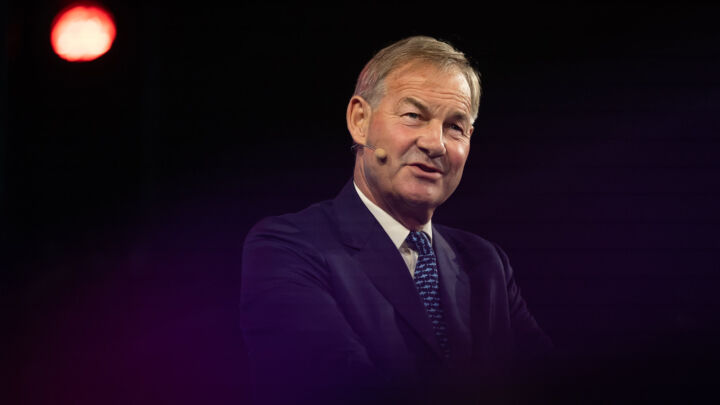
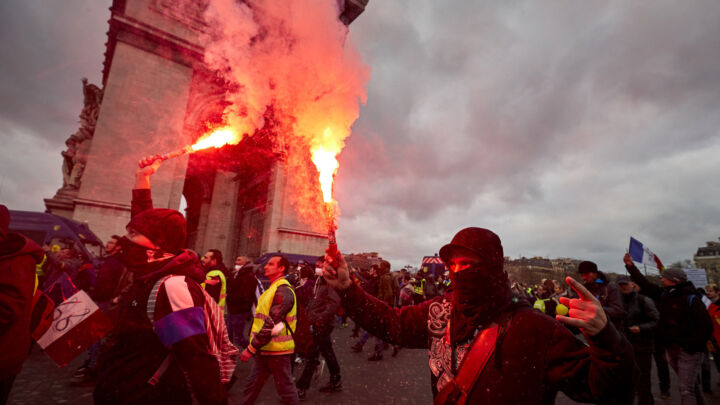

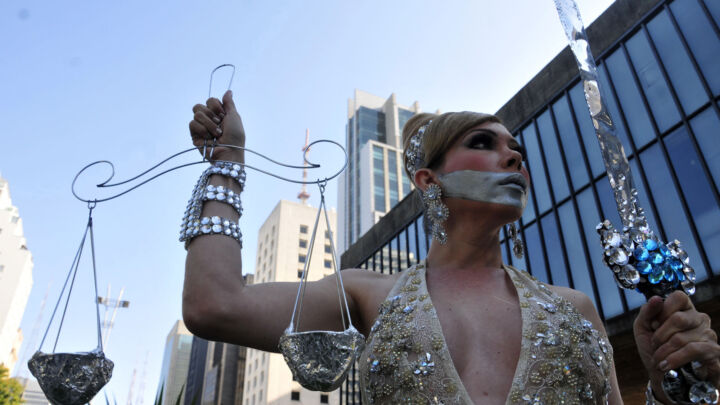
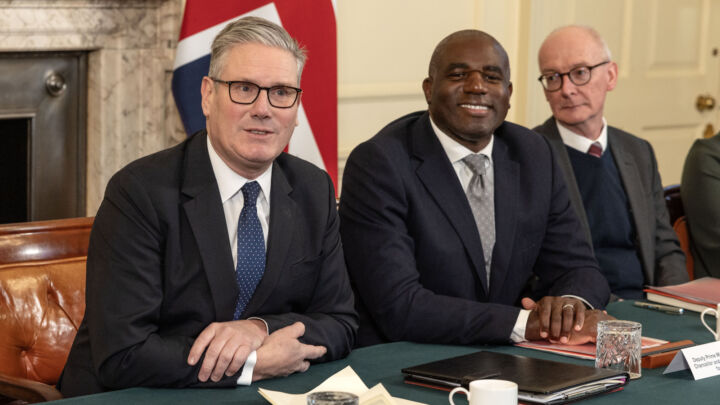
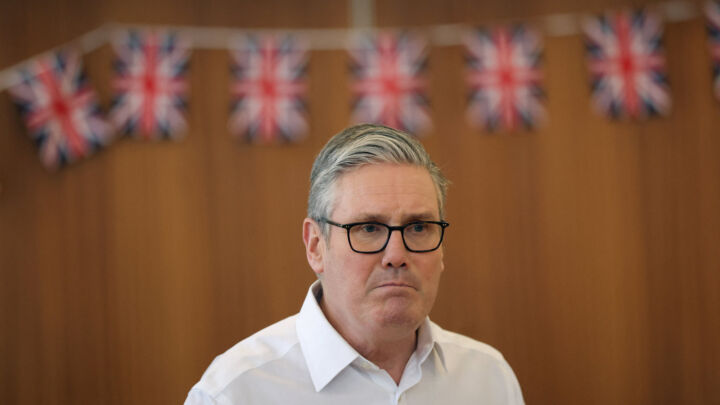



Comments
Want to join the conversation?
Only spiked supporters and patrons, who donate regularly to us, can comment on our articles.